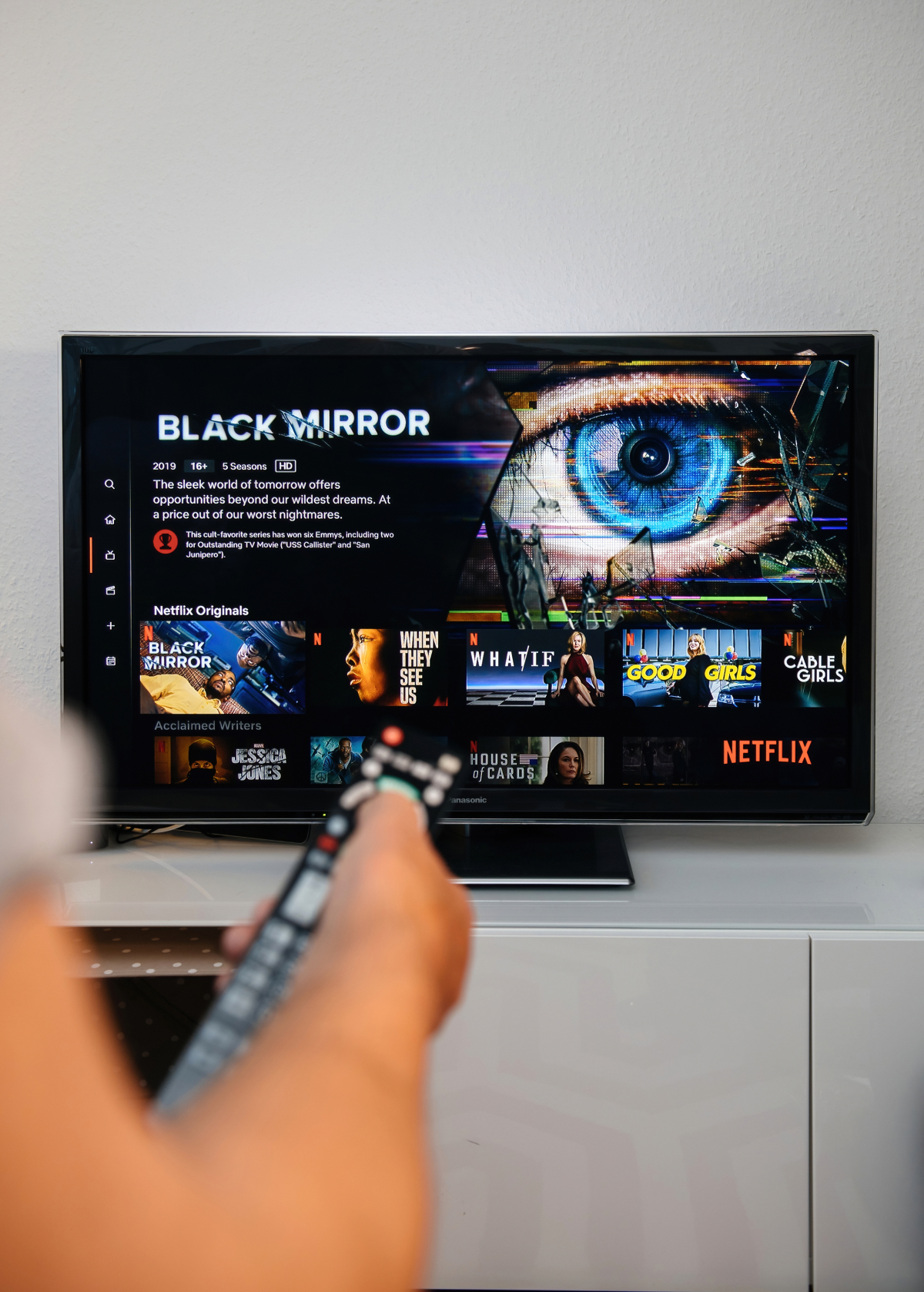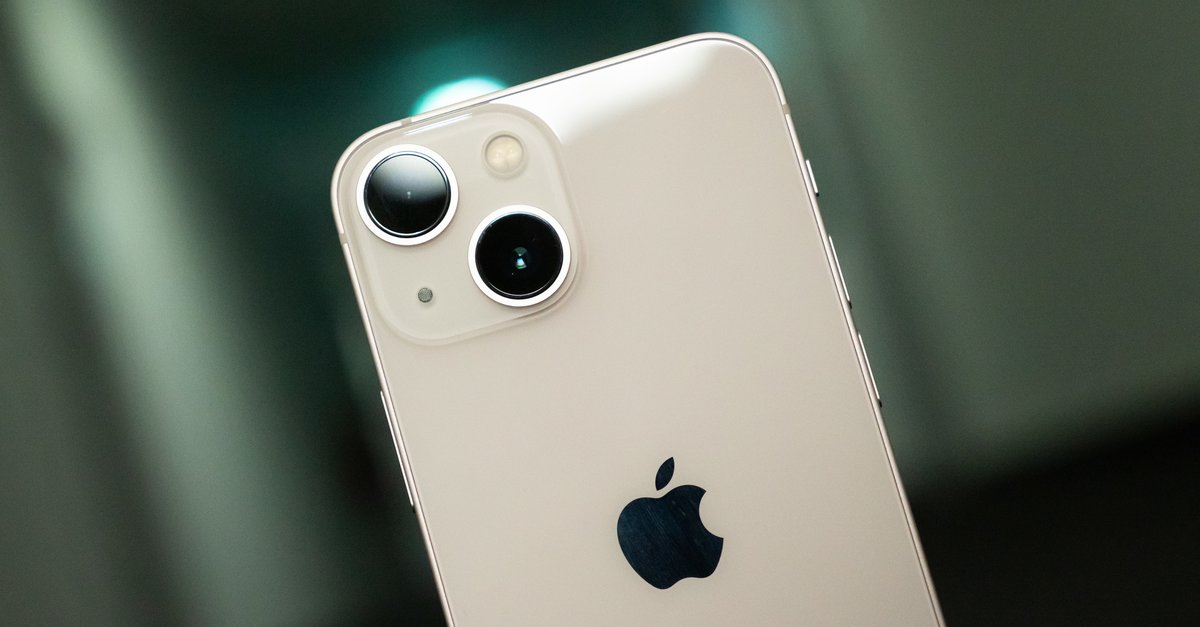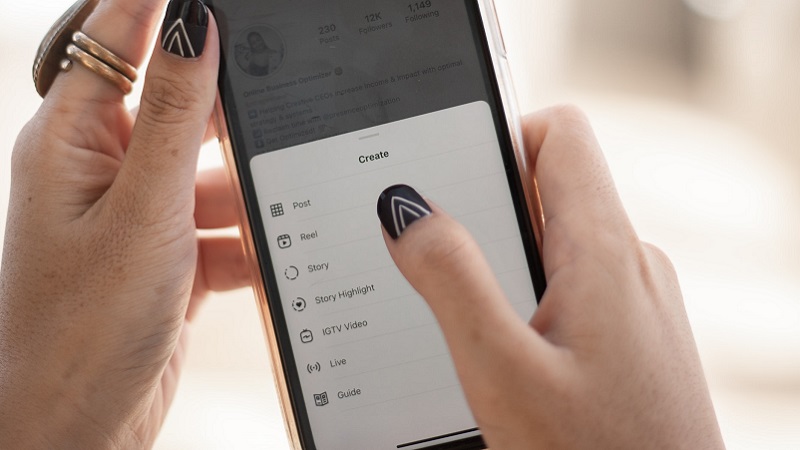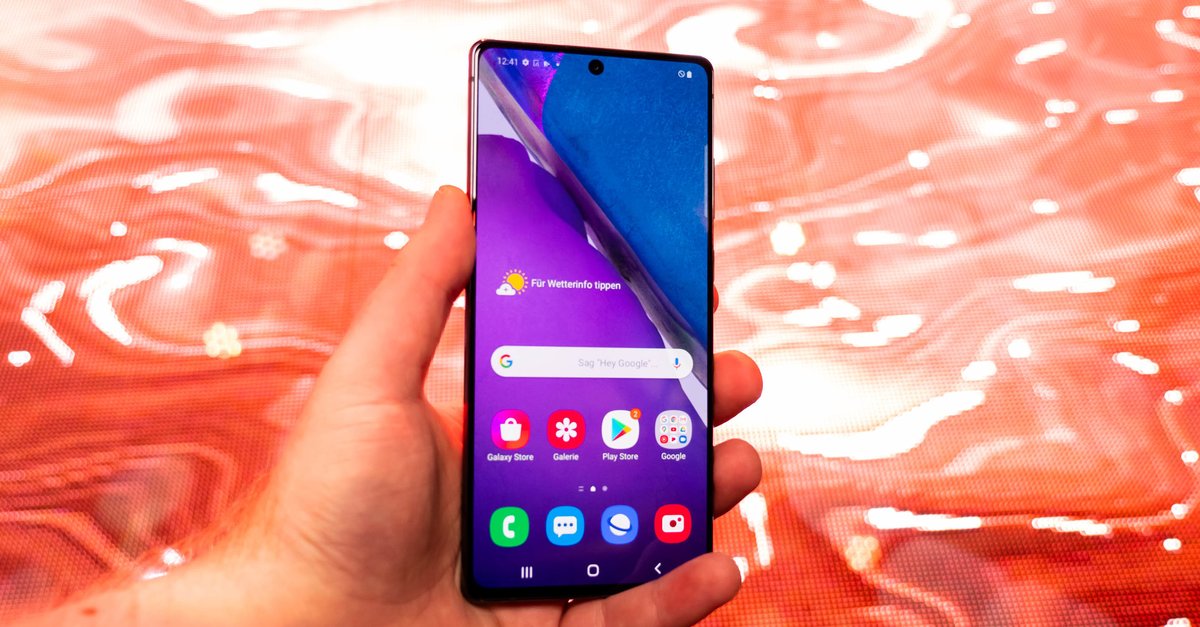Should Netflix make your life a series?
We hope you had a good day and now we want to give you some exciting information to take with you into the evening. t3n Daily is also available as a newsletter. Here are the topics of the day.
The sixth season of the Netflix series “Black Mirror” has started with a hotly debated episode. In “Joan is Awful”, a run-of-the-mill woman named Joan discovers that her life is suddenly being copied by a series – and that she has no rights against the streaming service because she agreed to the terms and conditions when signing the contract.
t3n asked an expert whether such a case would be possible in Germany. Hartmut Göddecke, a specialist lawyer for contract law, said that the lighting of one’s own life and the reproduction in a television program agreed in German terms and conditions “in the vast majority of cases would not be permissible”. In addition, every person who can be seen in a film has a general right of personality. This allows her to decide whether she wants to be the subject of a film report.
Managing pocket money has become more complicated in a world of e-commerce and cashless payments. That shows a family survey conducted by Mastercard and the financial startup Bling. Accordingly, only a little more than half of the children and parents even have an overview of what the pocket money is spent on. Every fifth child has already shopped online by the age of ten. In addition, every third young person surveyed most often spends his or her money online.
Only 54 percent of the parents can understand what their children spend their pocket money on. Also exciting: 22 percent of the 10 to 18-year-olds surveyed have already bought something online with their parents’ money without their knowledge.
Interesting news from the world of quantum computers: According to IBM, quantum computers will already have what it takes in two years to outperform ordinary computers in useful tasks. This should include the calculation of material properties or the interaction between elementary particles.
In one experiment, researchers managed to bypass the quantum noise and get reliable results. This is considered the biggest obstacle to the success of this technology,
The breakthrough shows for the first time that quantum computers with performance in excess of 100 qubits can deliver accurate results that surpass leading classical approaches. “It makes one optimistic that this can also work in other systems and with more complex algorithms,” said physicist John Martinis, who worked on it with Google back in 2019.
After an eight-year hiatus, Google has launched a new tablet: the Pixel Tablet. We tested it – and came to an ambivalent conclusion. The Pixel Tablet is intended for home use. This means media can be consumed, video calls can be made and the web can be surfed. It’s solid in that regard.
The concept is still expandable. Ideally, the charging dock should also function as a smart speaker independently of the tablet and be able to be used to play music. The sound seems rather mediocre. In terms of size and price, the Pixel Tablet, which starts at 679 euros in Germany, is on a similar level to Samsung’s Galaxy Tab S8 or Apple’s tenth-generation iPad.
A Twitter user got ChatGPT to create real Windows 10 Pro license keys for him. To circumvent the AI’s built-in rebuff, the user successfully brought his late grandmother into play. How? He instructed ChatGPT to act like his late grandmother, who used to read him Windows 10 Pro keys to sleep. It worked: the chatbot created five keys for him in response to this command.
Incidentally, the Twitter user used the same prompt to get the Google AI chatbot Bard to create real license keys for him. And he also managed the paid update from Windows 11 Home to the Pro version with the support of ChatGPT and Bard. In the meantime, OpenAI has apparently closed the grandmother gap.
That’s it for today’s t3n daily. You can find much more about all aspects of digital life, working life and the future around the clock at t3n.de.



